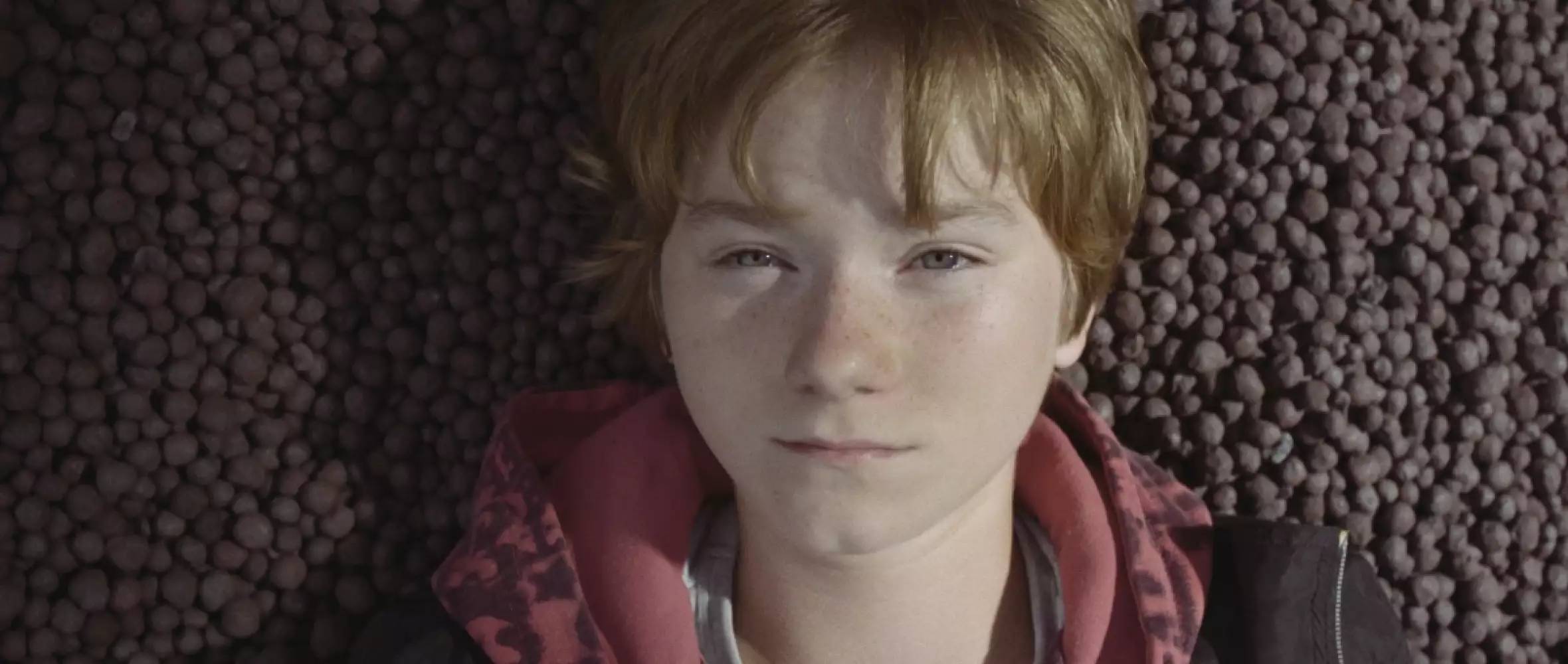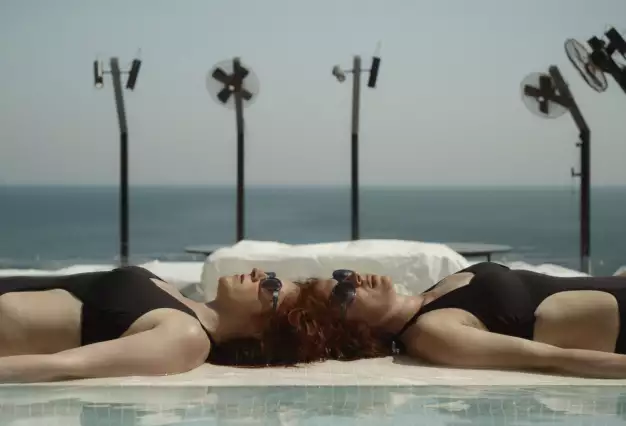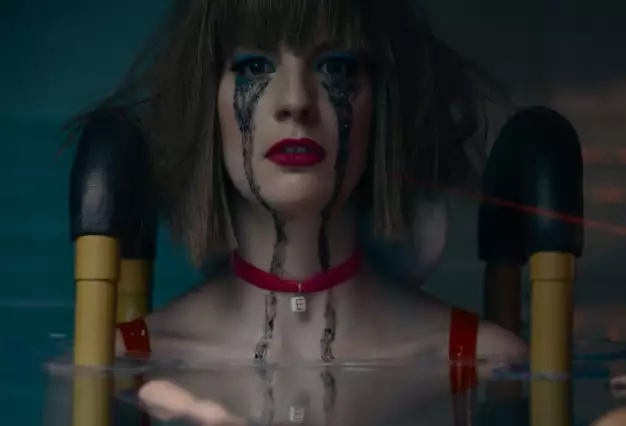
16 August 2017
Slovak-Czech Nina at Toronto IFF
Slovak-Czech Nina at Toronto IFF

Twelve-year-old Nina is having a hard time. Her parents are getting a divorce and her world is falling apart. So begins the tender story of the second feature by successful documentary director Juraj Lehotský, which will be screened at this year’s Toronto IFF. The movie was shot as a Slovak-Czech coproduction and was supported by Czech Film Fund. The participation at TIFF was also supported by European Film Promotion's Film Sales Support programme through its sales agent Alpha Violet.
Article from Czech Film Magazine / Fall 2017
On the one hand, Nina is a very special girl, but on the other, she’s just an ordinary teenager. She has lots of hobbies, and her biggest passion is swimming. At the pool she finds the calm and support and everything else she lacks at home — especially important now, with her mom and dad splitting up. They may claim they’re only doing what’s best for her, but they act as though they care only about themselves. Their fights scare Nina. She feels abandoned and deceived. With the one remaining sure thing in her life competitive swimming, when it looks like she won’t be able to attend a swim meet, she decides to make a radical move.
“Psychologists say divorce is like a small death of the family,” says director Lehotský. “We often only look at it through adult eyes. I wanted to examine the issue from a different perspective. How does a child cope with all the difficulties that come with her parents’ divorce?”
Nina is Lehotský’s second feature film. His debut, Miracle (2013), premiered at the Karlovy Vary IFF in the East of the West section and took home the award for Special Jury Mention. As a documentary director, he has also been a success, with his Blind Loves (2008) winning the C.I.C.A.E Art Cinema Award in its premiere in the Quinzaine des Réalisateurs at Cannes. This was followed by screenings at film festivals around the world, where it garnered several more awards (including the Golden Eye for Best Documentary at Zurich and the Audience Award for Best Documentary at Trieste). Screenwriter Marek Leščák has previously collaborated with Lehotský on both Blind Loves and Miracle, and apart from Lehotský, he also works closely with director Martin Šulík (The Garden, Orbis Pictus) and other Slovak filmmakers, such as Jaro Vojtek and Iveta Grófová (Little Harbour, a prizewinner at Berlinale 2017)..jpg)
At first glance, Nina may not seem to tell a new story, but ultimately, Lehotský and his cowriter Leščák have created a very special film — a sensitive, fragile story with authentic feelings and experiences. “I realize the subject matter isn’t especially original,” says Lehotský. “But we were increasingly aware of how many families around us were breaking apart, and how normal it was becoming for children to lose their sense of having a family. So we wanted to ask, How does a child experience it? How does she feel? Both Marek and I have children. When we were writing the script, I tried to pay very close attention to how my children viewed and experienced things. I consider myself fortunate to have a complete family, but still, we’ve been through some rough patches too. So I was drawing on my own experience, to a certain extent.”
The story in Nina is mostly told from the child’s point of view. “We bring out the small things children point out that parents don’t necessarily want to see, so the film in a way becomes a reflection on us, the parents,” says Lehotský. “We see how when we’re self-centred and egoistic, some important things start to slip between our fingers — the time we get to spend with our children, the time right here and now that won’t be coming back.”
The director makes it clear that it wasn’t his intention to moralize or to criminalize divorce, but simply to .jpg) show how important family is to a child, and what happens when the adults lose control. “We also tried to highlight the small things that are so important in relationships, in family life, for a child’s experience — the kinds of things we often overlook, unfortunately,” he says. “Children are so beautiful when they’re growing up, asking questions, looking to talk to you when they need you when they see something they haven’t seen before. But we adults are sometimes too caught up in our own problems, our own lives and failures, and we miss the moments when we should be listening to our children when they talk to us about their bizarre plans and dreams.”
show how important family is to a child, and what happens when the adults lose control. “We also tried to highlight the small things that are so important in relationships, in family life, for a child’s experience — the kinds of things we often overlook, unfortunately,” he says. “Children are so beautiful when they’re growing up, asking questions, looking to talk to you when they need you when they see something they haven’t seen before. But we adults are sometimes too caught up in our own problems, our own lives and failures, and we miss the moments when we should be listening to our children when they talk to us about their bizarre plans and dreams.”
Lehotský says his ambition in the film is to make it seem like reality. “Maybe that’s why my films are so raw and unpolished. I appreciate beauty, but I try never to aestheticize truth and reality.”




